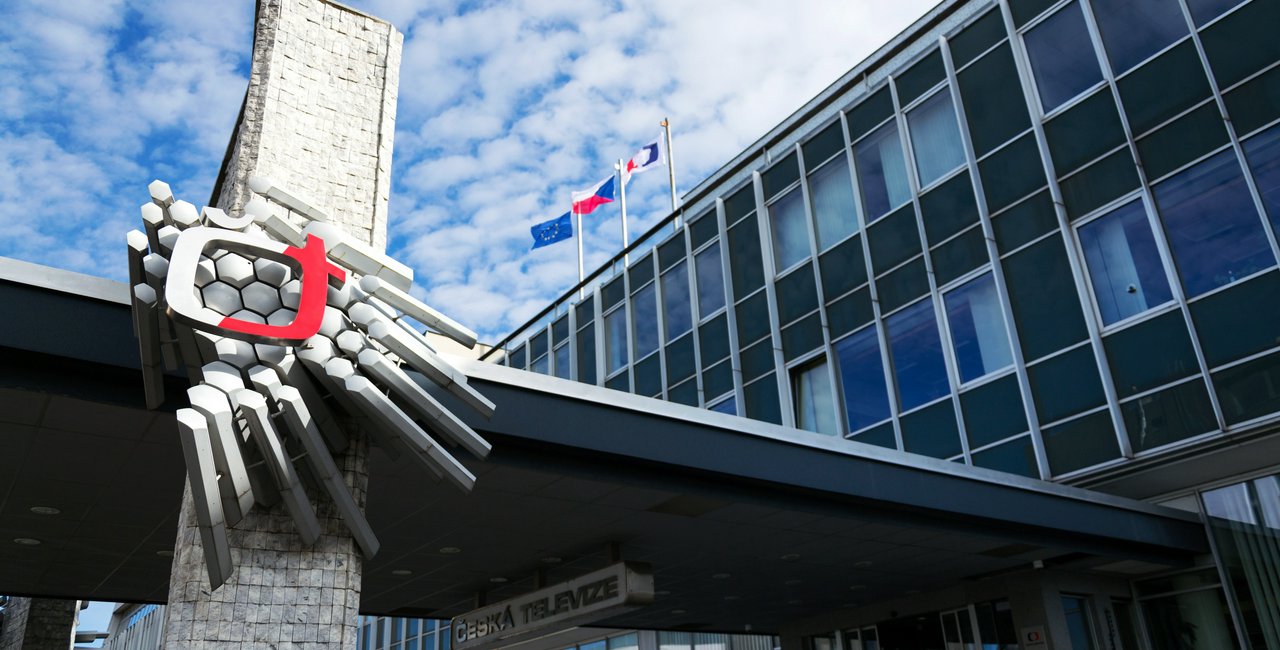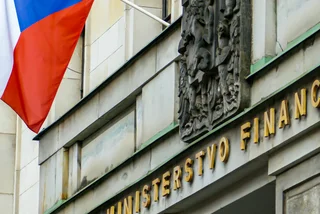A pledge to abolish license fees for Czech Television and Czech Radio has sparked alarm among prominent public figures, who warn the move could amount to the “liquidation” of public media in Czechia. Nine personalities, including former ombudsman Anna Šabatová and former Senate speaker Petr Pithart, issued a statement on Saturday urging President Petr Pavel and the public to oppose the plan.
The incoming coalition government of ANO, SPD, and the Motorists has indicated in its policy statement that it intends to eliminate the fees that fund Czech Television and Czech Radio, transferring their budgets to the state.
Critics argue that such a shift would threaten media independence, potentially concentrating control under the government while leaving the institutions without a clear, sustainable source of revenue.
“This is a proposal to liquidate the public media in Czechia and destroy one of the pillars of democracy and freedom of information,” the appeal reads. The personalities argue that the step is incompatible with democratic norms established after 1989, emphasizing that the independence of public media is vital for civic oversight and transparent governance.
Public media funding and independence
Currently, Czech households pay a monthly television fee of CZK 150 and a radio fee of CZK 55. These license fees generate more than CZK 6 billion annually for Czech Television and over CZK 2 billion for Czech Radio.
While the new coalition promises to maintain the independence of these institutions, it provides no detail on how their budgets would be replaced or protected. Outgoing Culture Minister Martin Baxa highlighted the ambiguity in the coalition’s plan on X.
“The incoming ANO-SPD-Motorists government statement quietly says: ‘We will abolish public media fees…’” Baxa writes. “There is loud silence on how they will be financed. It seems the struggle for the independence and economic sustainability of public service media has just begun.”
The coalition parties have expressed differing approaches to public media. ANO proposed full state funding of Czech Television and Czech Radio, while SPD suggested merging Czech Television, Czech Radio, and the Czech News Agency into a single state-funded institution. The Motorists have resisted direct government control, warning it could compromise editorial independence.
Broader implications for Czech democracy
Public service media in Czechia operate under special legislation and are designed as independent corporations. While Czech Television and Czech Radio are funded by the license fees, Czech News Agency generates part of its budget through sales of news and services.
Critics warn that removing the license fee model could undermine this independence, eroding a critical check on government power.
The controversy reflects broader European debates on public media funding and independence, particularly in countries navigating populist governance shifts. Analysts note that a sudden switch to state budgets without safeguards could set a precedent that weakens editorial autonomy.
As the coalition finalizes its government program, experts and public figures are closely watching how it plans to finance Czech Television and Czech Radio while preserving their independence. Public consultations and parliamentary debates may shape the ultimate outcome, which could have lasting effects on Czech media freedom.



